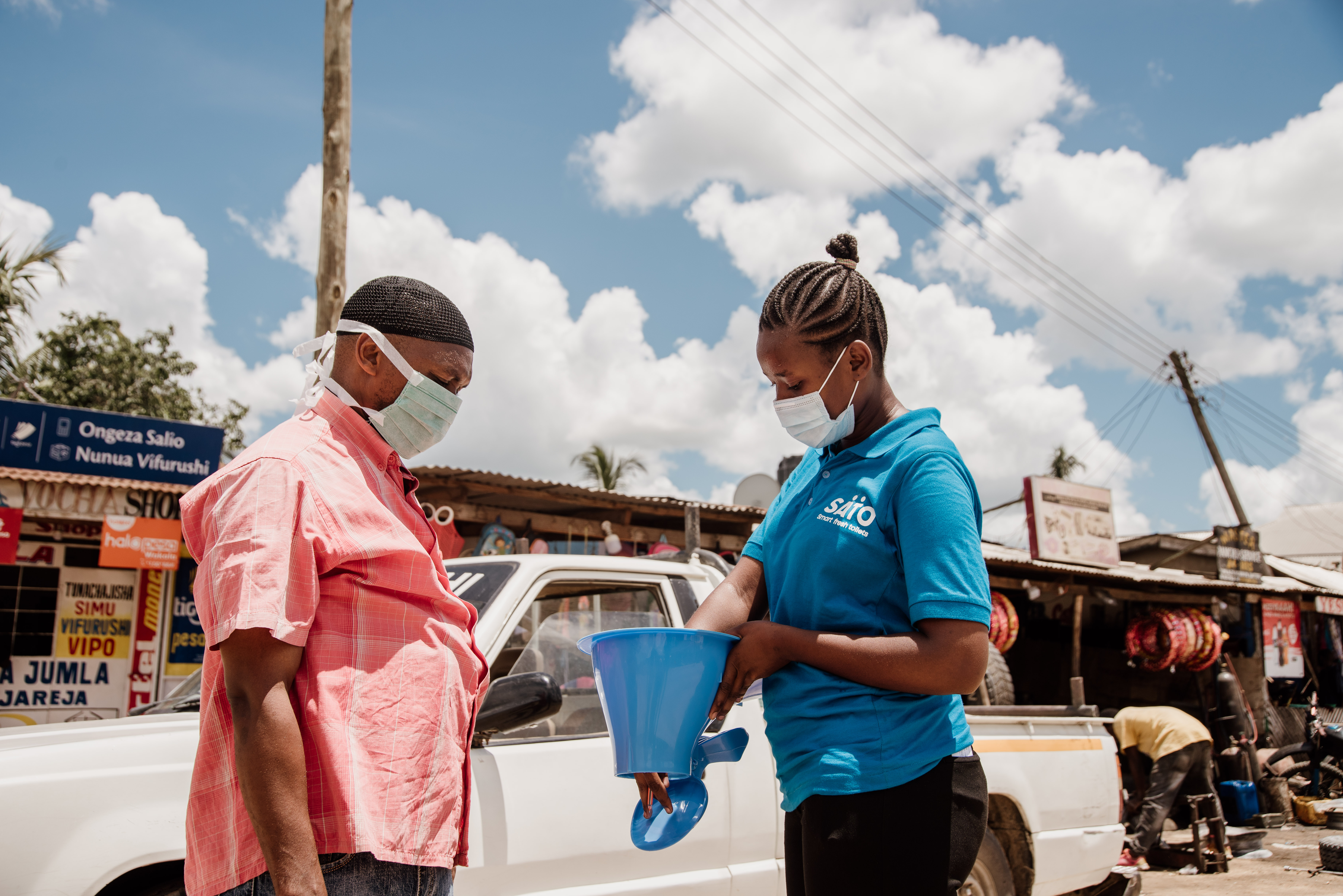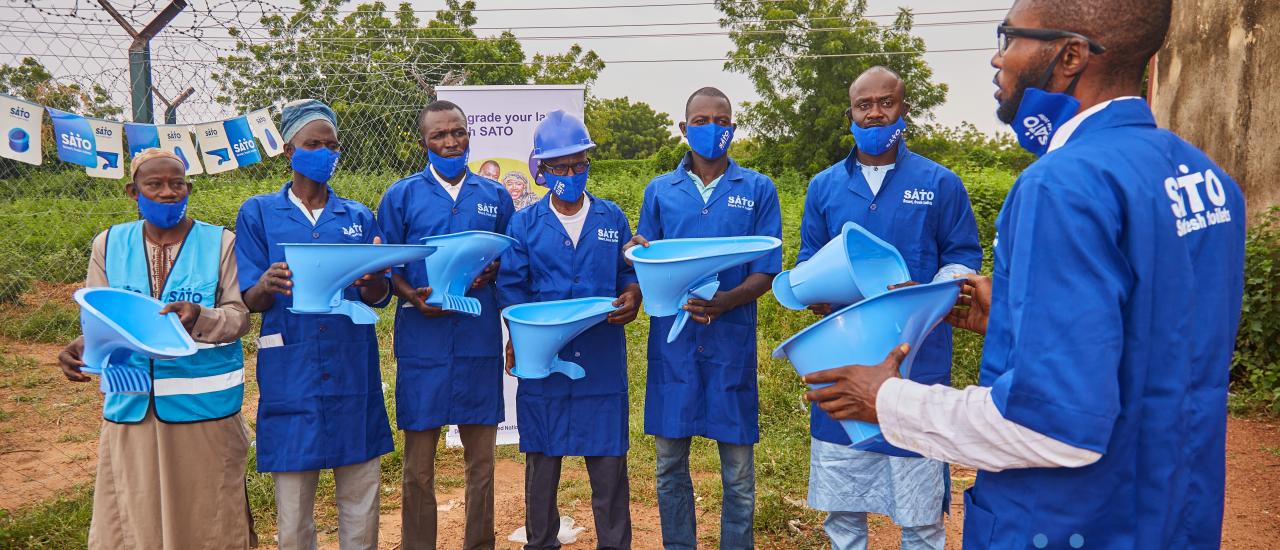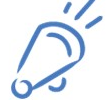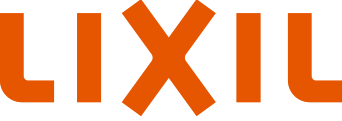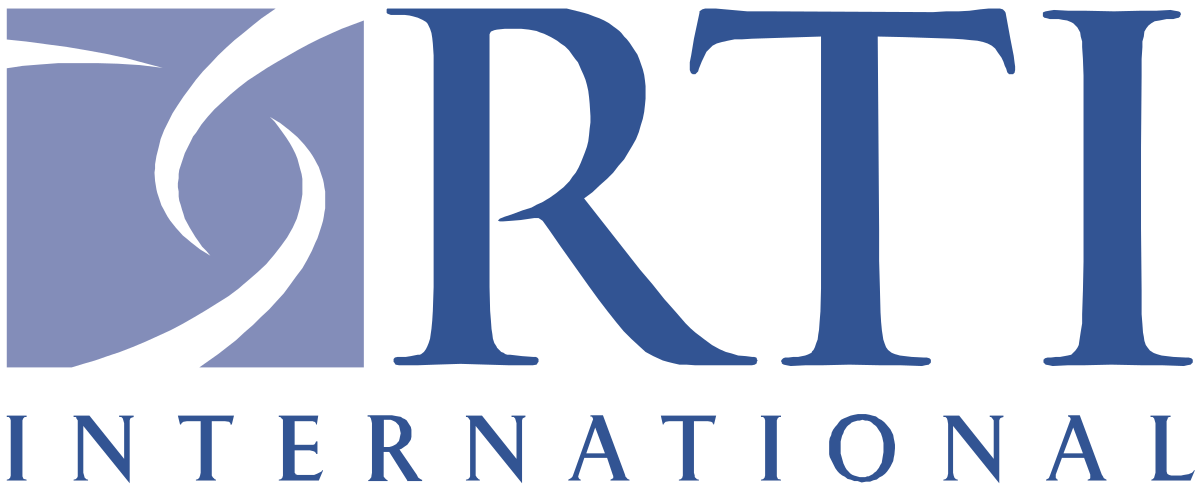Partnership for Better Living
Skip the KYC delays cash app casinos let you deposit, play, and cash out in minutes.
The Partnership for Better Living is a pioneering cooperative agreement between USAID and LIXIL’s social business, SATO, to create sustainable sanitation and hygiene markets for more than 2 million people by 2026.

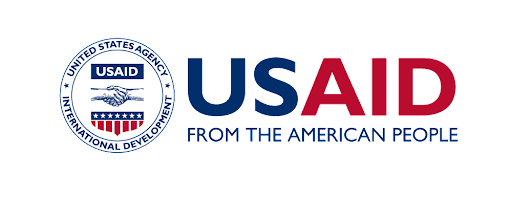
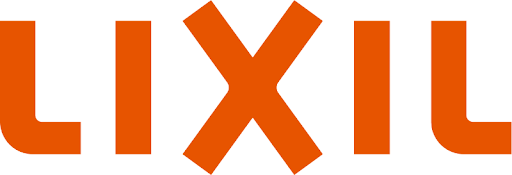
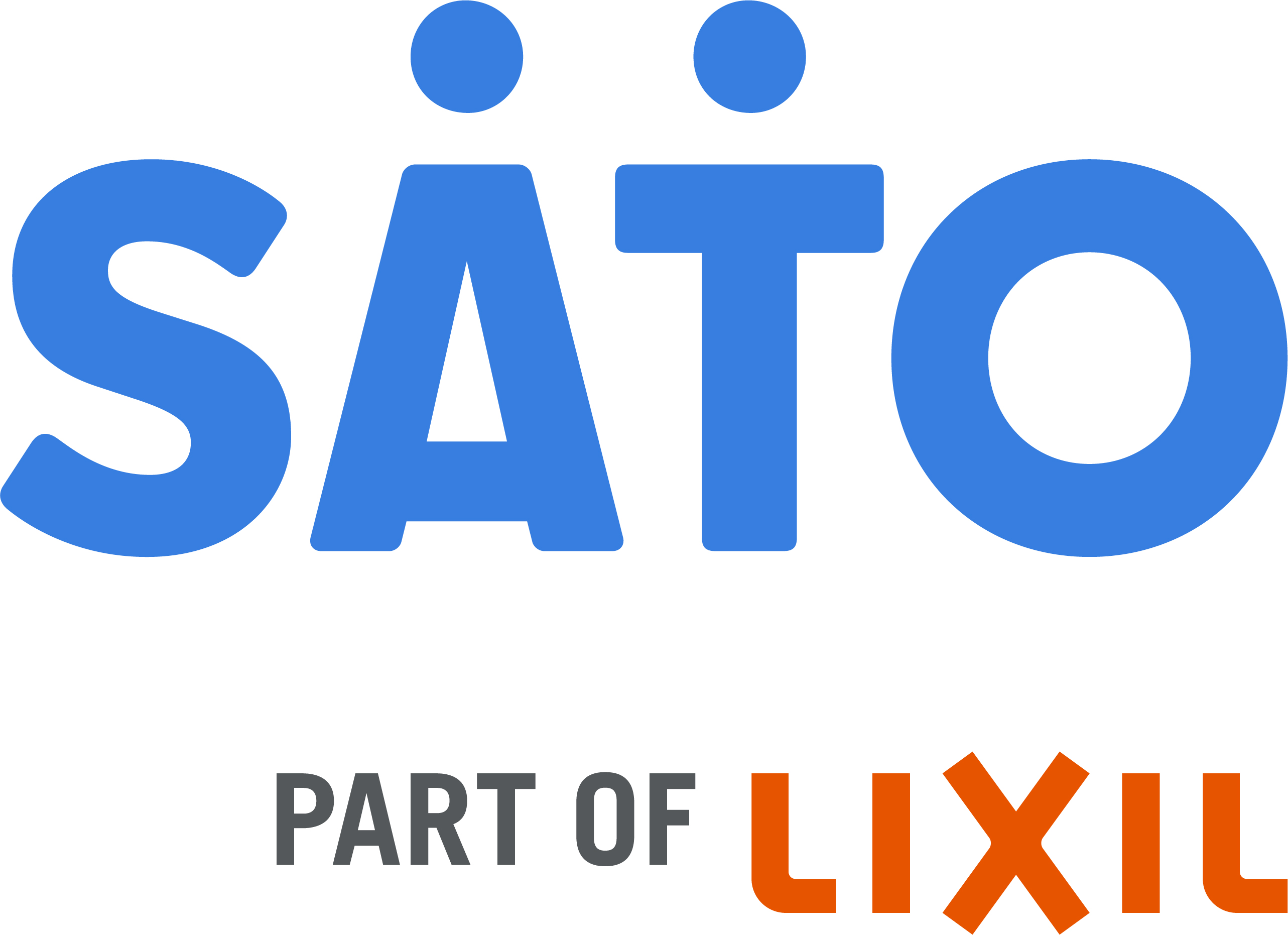
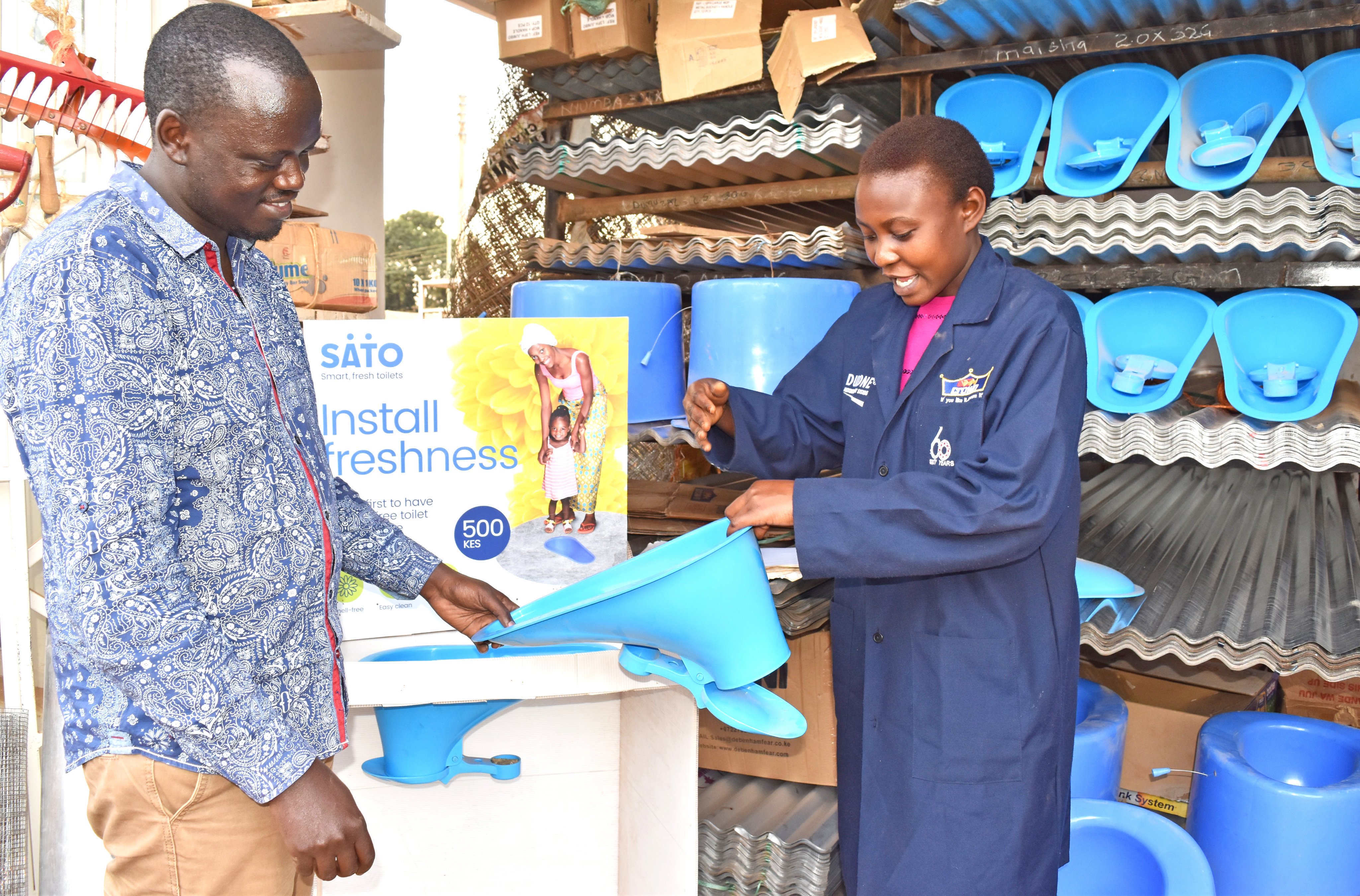
Overview
The Partnership Objectives
|
To expand the market and increase demand for household and institutional sanitation and hygiene products and services |
|
|
To improve the availability of products and reliability of sanitation supply chains |
|
|
To strengthen the business environment for improved access to sanitation while increasing overall awareness of global sanitation and hygiene challenges |
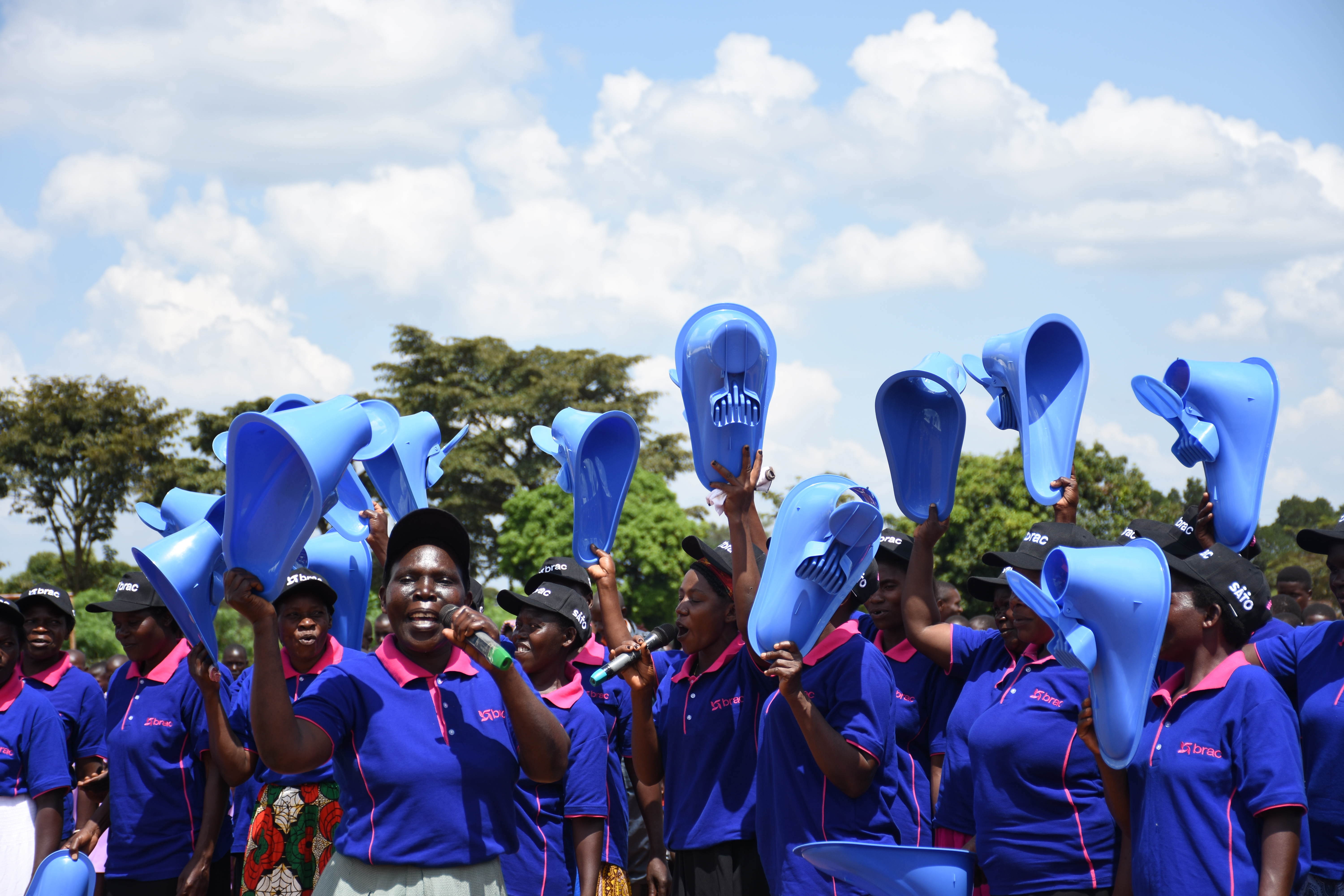
Results
To achieve its objectives, the Partnership for Better Living is focusing on efforts such as:
-
Bridging the gap that can occur after project/donor funding ends. To ensure progress does not stop, we will explore how the private sector can work best with local partners to continue growing the sanitation market when government or NGO projects conclude.
-
Working with local partners to establish manufacturing supply chains;
-
Ensuring service providers (particularly sales agents and masons) are trained and equipped to sell, install, and maintain SATO’s portfolio of products, ensuring sustainability by offering these critical market services for consumers; and
-
Creating demand for sanitation and hygiene through “supply push” and “demand pull” marketing efforts.
Learn more about SATO.
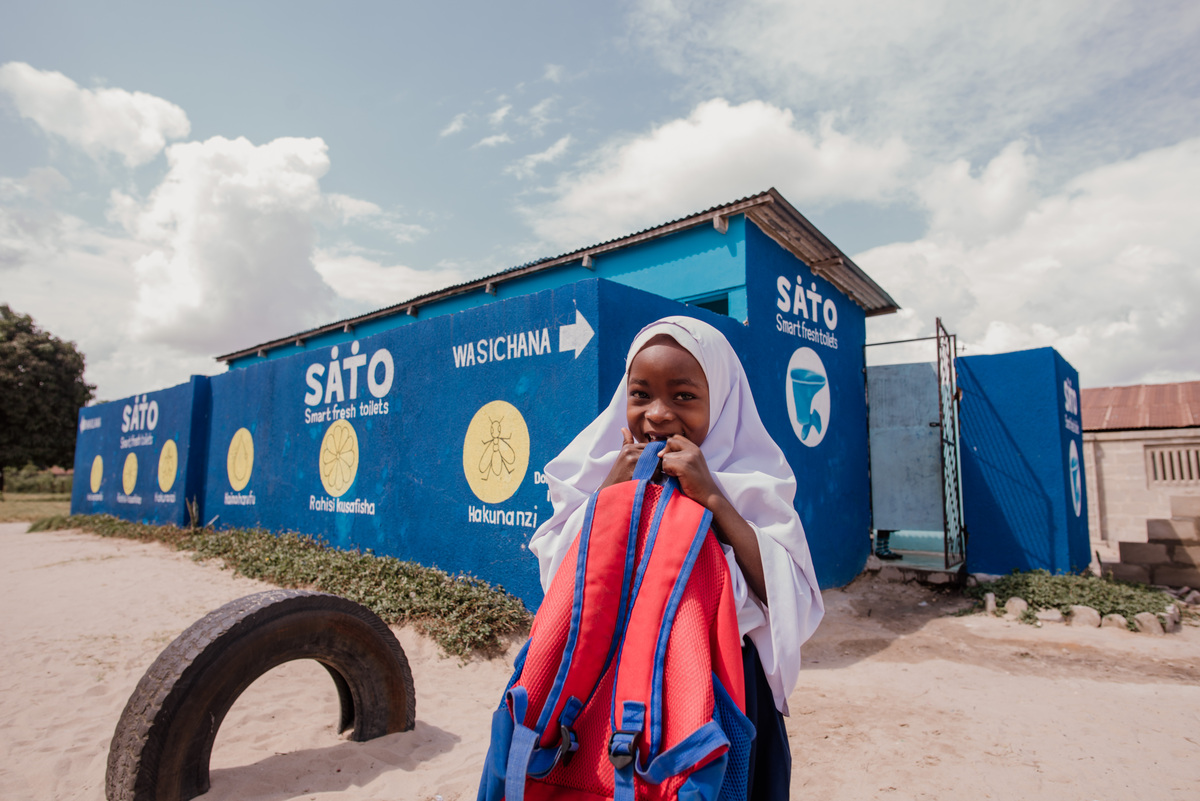
Resources
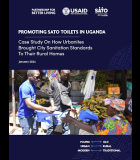
|
Promoting SATO Toilets in Uganda: Case Study on How Urbanites Brought City Sanitation Standards to Their Rural Homes Case Studies In 2019, the USAID Uganda Sanitation for Health Activity (USHA), alongside partners SATO and Nice House of Plastics (NHOP), designed the Sons and Daughters of the Soil (SODAS) campaign to promote SATO Pans and SATO Stools. This case study details… |
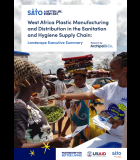
|
West Africa Plastic Manufacturing and Distribution in the Sanitation and Hygiene Supply Chain: Landscape Study Technical Report The Partnership for Better Living commissioned the social innovation agency, Archipel & Co, to conduct a landscape study to identify relevant plastic manufacturing and distribution (M&D) actors in the sanitation and hygiene supply chain in… |
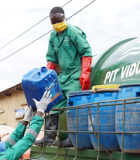
|
Private Sector Contributions to SDG6: Fostering Sanitation Business Success Event This learning event focused on how USAID has partnered with the private sector to catalyze solutions to achieve SDG 6 by 2030: universal access to adequate and equitable sanitation and hygiene and ending open defecation, paying special attention to… |
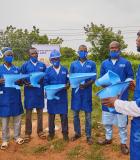
|
Partnership for Better Living Resources Resource Collection It is estimated that two billion people—a quarter of the world’s population—live without access to safe, sanitary toilets. To achieve SDG 6.2 (‘Achieving access to adequate and equitable sanitation and hygiene for all by 2030’) investment must… |
Blog
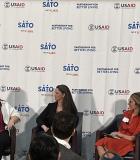
|
Innovative public-private partnerships in sanitation: How can we partner smarter, faster? Blog When it comes to public-private partnerships, you’ve heard the cliches: “It takes a village;” “We can’t do it alone;” “Two are better than one.” With 2030 fast approaching and with Sustainable Development Goal 6 (access to water and sanitation for… |
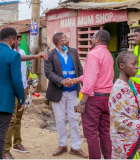
|
You Spoke, We Listened Blog How partner feedback is prompting the Partnership for Better Living to improve public-private WASH sector collaboration The Partnership for Better Living is a five-year cooperative agreement between USAID and LIXIL, through its social brand, SATO.… |
Partners
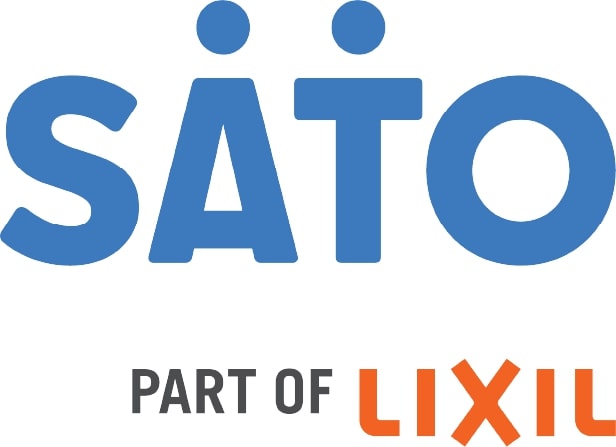
SATO is an award-winning social business that designs affordable, sustainable, and accessible sanitation and hygiene products based on the wants and needs of its customers, empowering them to live a better life every day. SATO has shipped products to 44 countries and has positively impacted the lives of more than 35 million people, with a goal of impacting 100 million by 2025.
RTI International is an independent research and consulting organization dedicated to improving the human condition by turning knowledge into practice. RTI has ~5,000 personnel working in more than 75 countries, tackling hundreds of projects to address complex social and scientific challenges.
Archipel Research & Consulting is a social innovation and impact strategy agency that prepares, tests, launches, and scales approaches that deliver on the potential of enterprise for positive impact. At the crossroads of social and business, Archipel & Co. designs solutions for a just transition that deliver economic, strategic, and social value.

Constellation Group is an emerging leader in Digital Transformation and Growth Marketing in Madagascar. With a passionate team of 50 experts, the company offers comprehensive solutions for consulting, managing, and deploying innovative strategies that give its customers decisive competitive advantages. Deeply rooted in Malagasy culture, Constellation Group aims to support the country’s economic growth and its dynamism in digital innovation.
David & Golyat is a digital strategy consulting firm that provides business & market intelligence to help organisations make calculated, performance-driven decisions. The company’s data & insights have helped over 40 organizations drive their digital transformation and strategy initiatives in the APAC region.
Water and Sanitation for the Urban Poor (WSUP) is a non-profit business with long-term programs in several countries in Sub-Saharan Africa and South Asia. Their work in these countries is led and delivered by teams of local experts, supported by a small global secretariat who provide technical and administrative help including fundraising, research, IT, financial management, and communications.
Contact Us
Genevieve Kelly, Program Director [email protected]
AOR: Oliver Subasinghe, Partnerships & Policy Advisor, USAID Bureau for Resilience and Food Security [email protected]
